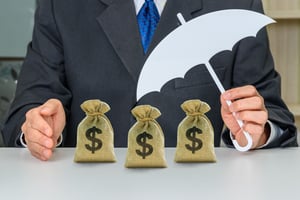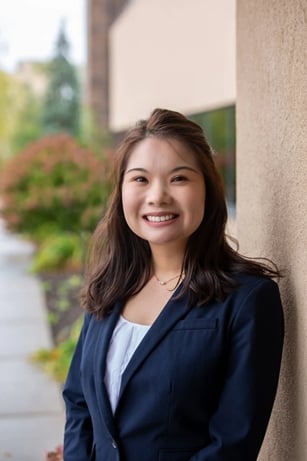 At the moment you file for bankruptcy, “automatic stay” kicks in, pursuant to Section 362 of the U.S. Bankruptcy Code. It is an order that gets sent to your creditors immediately, after you file for bankruptcy. The automatic stay affords protections throughout your bankruptcy, regardless of whether you file a Chapter 7 or a Chapter 13 bankruptcy. It is a provision in bankruptcy law that acts as a protective shield and protects you from creditors, while at the same time, providing you time to reorganize your debts, finances, and financial affairs.
At the moment you file for bankruptcy, “automatic stay” kicks in, pursuant to Section 362 of the U.S. Bankruptcy Code. It is an order that gets sent to your creditors immediately, after you file for bankruptcy. The automatic stay affords protections throughout your bankruptcy, regardless of whether you file a Chapter 7 or a Chapter 13 bankruptcy. It is a provision in bankruptcy law that acts as a protective shield and protects you from creditors, while at the same time, providing you time to reorganize your debts, finances, and financial affairs.
The automatic stay temporarily prevents creditors from continuing to take action against you, or pursue you for money owed to them. If a lawsuit has been filed against you prior to filing for bankruptcy, the automatic stay forces that lawsuit to immediately stop. Moreover, after filing for bankruptcy, a creditor may not continue to litigate a lawsuit against you to recover any claims that arose before you filed for bankruptcy. The drawback is that the automatic stay does not apply to any lawsuits against you that was based on conduct that occurred after your bankruptcy case was filed. The automatic stay also prevents creditors from foreclosing on any of your collateral, such as a house, and it prevents the set off of any debt. The automatic stay stops wage garnishments and prevents your bank from levying your bank accounts. Additionally, the automatic stay also has the goal of putting all creditors on an even playing field, by preventing one creditor from potentially taking your assets, before other creditors have had the opportunity to do so. The automatic stay also allows all creditors to be paid in a timely and organized manner.
It is important to note that, certain kinds of debts are not covered by the automatic stay. Therefore, certain creditors can still pursue your debts while you are in the bankruptcy. Debts that are not covered by the automatic stay include: child support payments, alimony payments, and money owed as a result of a criminal proceeding. Moreover, in some circumstances, during the bankruptcy, the Internal Revenue Service can seize a portion of, or all of your tax refund, if you have tax debt. However, the automatic stay will prevent the Internal Revenue Service from collecting on your tax debt, and it can prevent the Internal Revenue Service from putting a lien on your property during bankruptcy. It is also important to remember that the automatic stay does not free you of your obligations to pay on debt and bills that you incur after your case is filed.
CALL NOW FOR A FREE STRATEGY SESSION FROM A MN BANKRUPTCY LAWYER AT LIFEBACK LAW FIRM
To learn more about the benefits of the automatic stay and its effects during your bankruptcy, you should consult with an experienced attorney. See us at LifeBackLaw.com!


